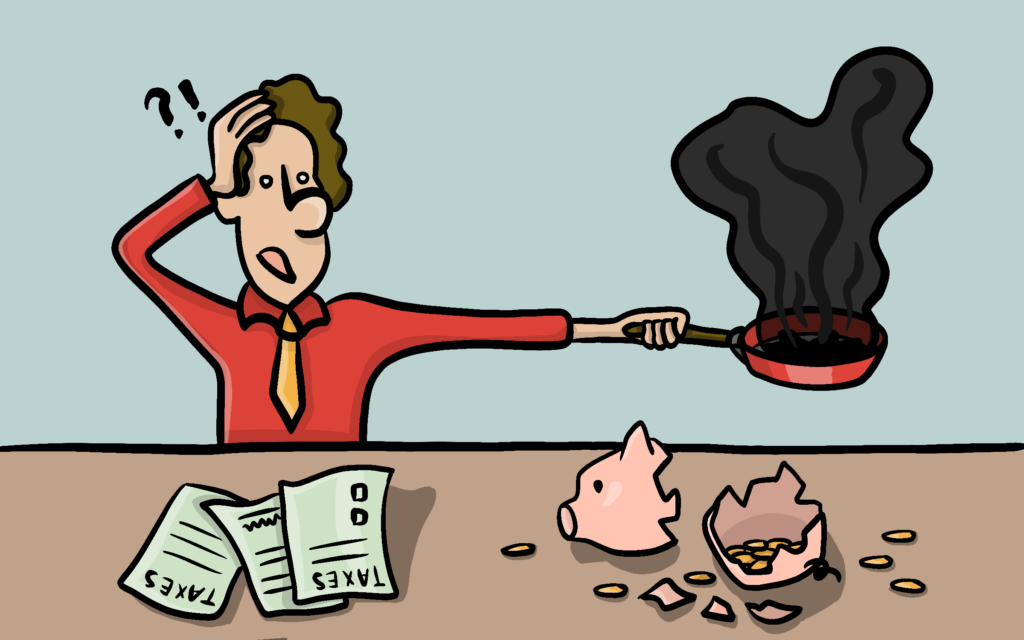
Graphic by Yujin Kim/The Choate News
We go into Choate thinking that we will leave feeling prepared for everything life throws at us. But, how much of the things we learn in school do we actually use in our daily lives? In an H&R Block survey, 84% of respondents said they learned skills in high school that they never used after graduating. In fact, most high school graduates have no idea how to pay taxes, manage money, cook, or navigate a professional environment. They are thrown into an alien system and are simply expected to figure it out.
I believe that life skills should be introduced into Choate’s curriculums as either a required or elective course to at least provide students the option to learn more about basic yet essential skills. At Choate, for instance, we live in dorms with meals provided to us — a privilege, among many — that allows us to lean into Choate’s academic bubble. Does any of it really prepare us for life after Choate?
Yes and no. Choate does an excellent job at immersing students in a variety of extracurricular subjects. We get to follow our passions and immerse ourselves in a rigorous academic curriculum. What we learn academically qualifies us for the careers we aspire to pursue and prepares us to take on important positions. However, what our classes fail to do is prepare us for the basics of life as functional, independent adults.
When we leave high school, we know how to find the limit of a function or calculate the velocity of a moving car, but we have no idea how to save for retirement. The responsibility of teaching these skills ultimately falls to ourselves or our parents — who may have varying understandings and experiences with these skills, especially considering the diversity of Choate’s student body. So, instead of gambling with the issue, wouldn’t it be easier if we just learned them in high school?
By introducing a life skills course into the Choate curriculum, students would feel more prepared for the responsibilities that await them as adults. This course should not only focus on fundamental skills such as cooking a meal or doing taxes, but it should also cover different career fields and leadership techniques. It will introduce students to skills such as personal and consumer finance and business communications that are necessary to find a job and succeed in the working world.
The benefits of a life skills course wouldn’t be limited to students. Employers will also benefit from more knowledgeable and prepared candidates. Its effects will not only increase individual profit but also advance the economy as a whole. Choate’s goal is to educate students and prepare them for a successful life in all areas — social, mental, and physical. A life skills course would ensure that a Choate education better prepares students for life beyond our campus.




